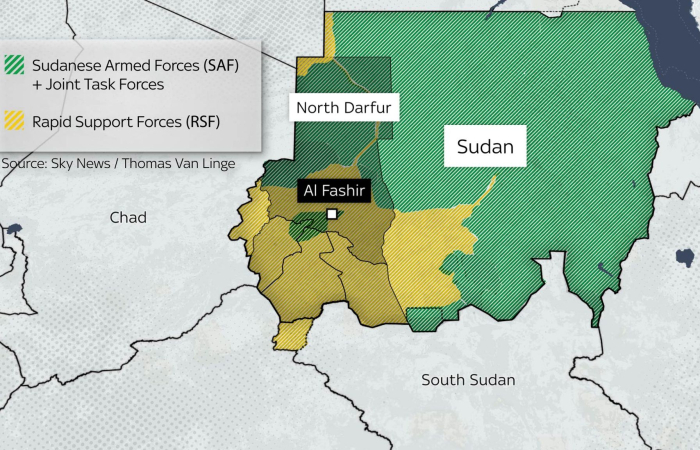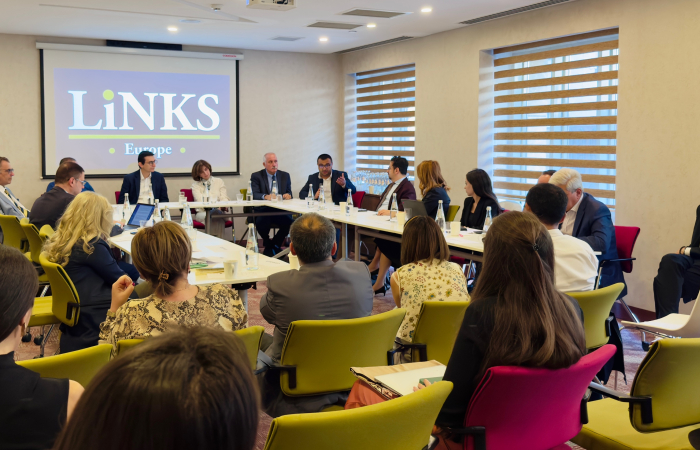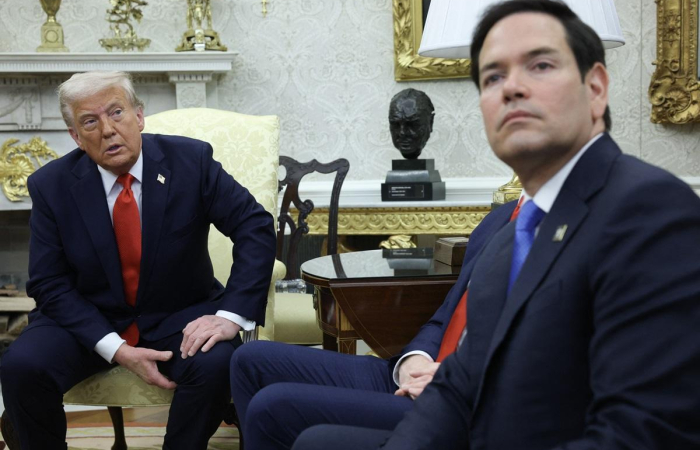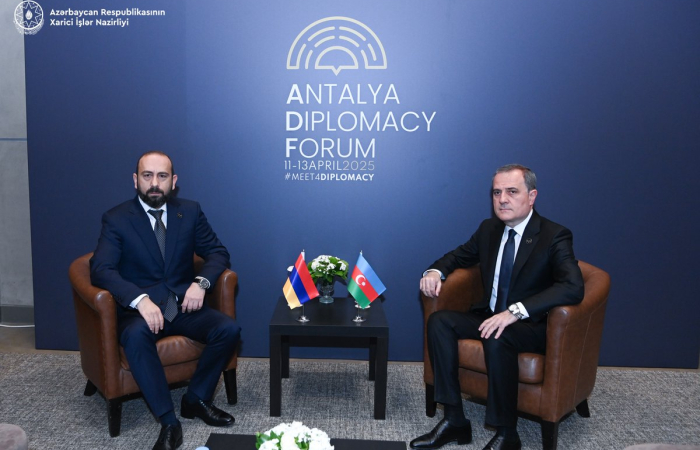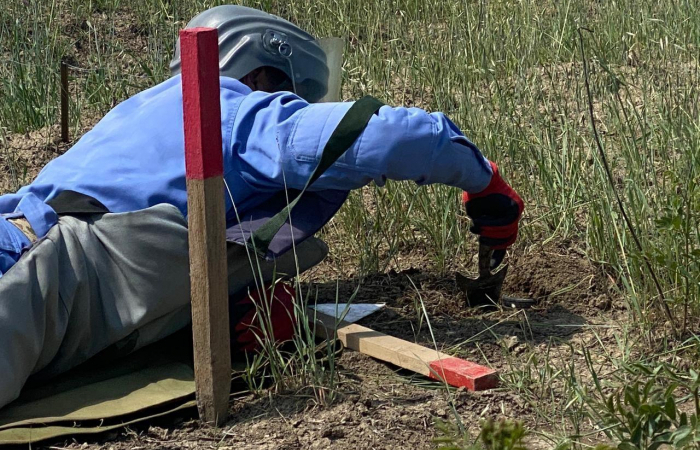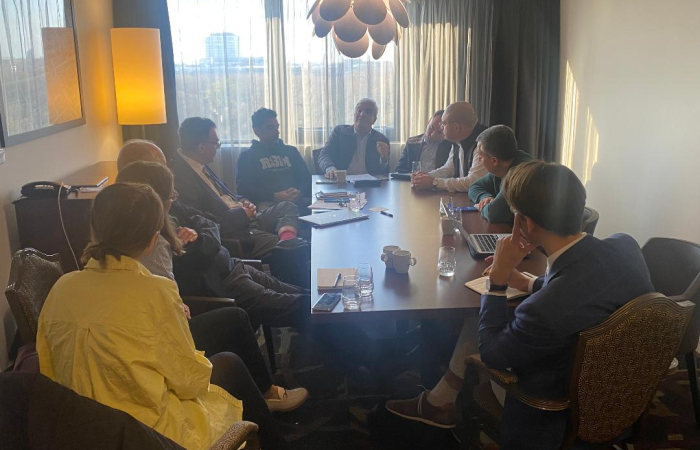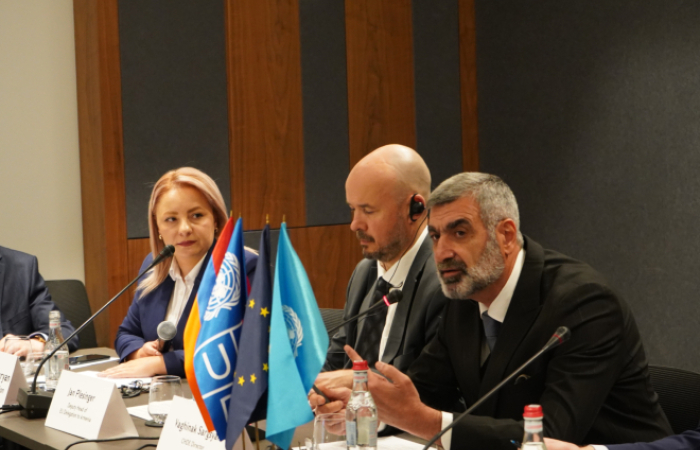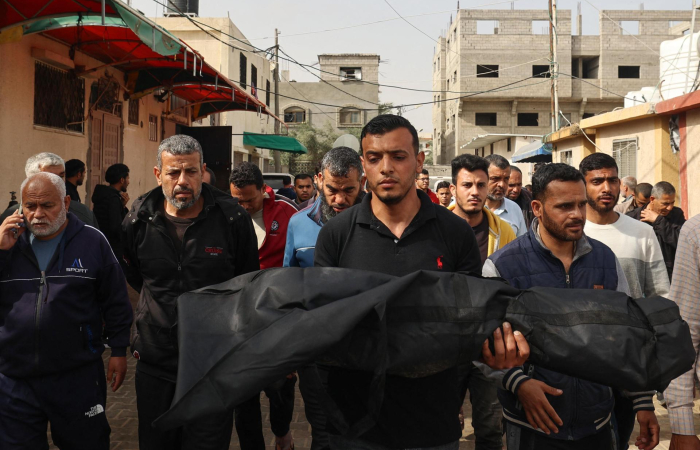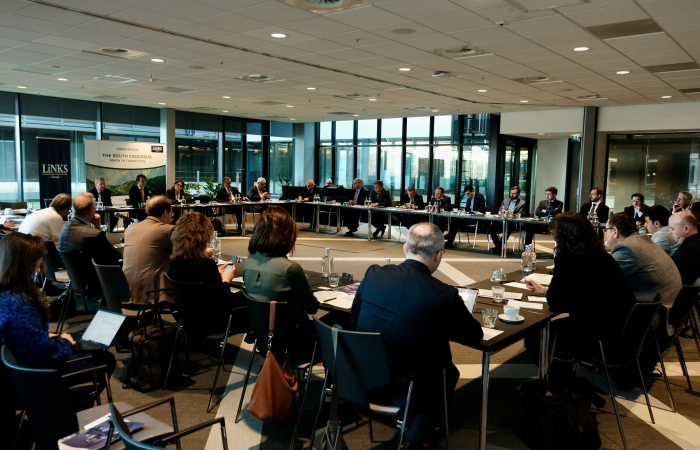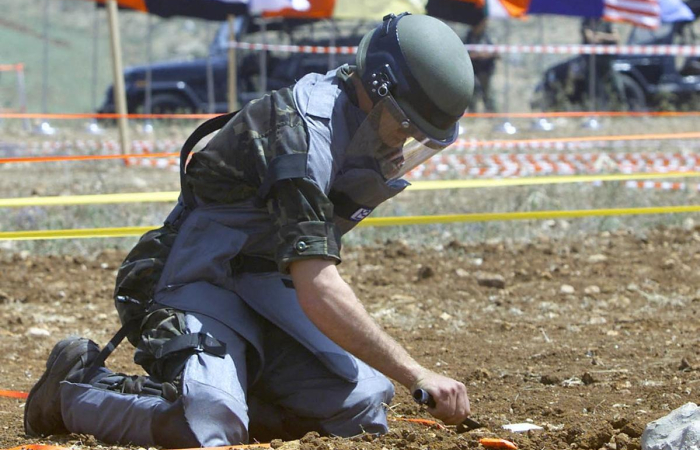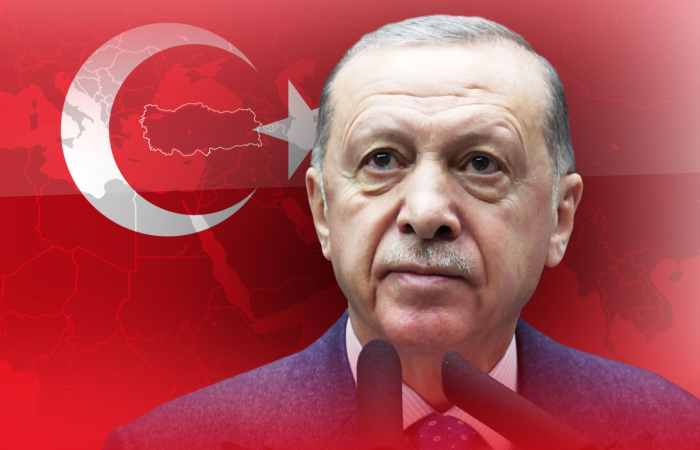Editor's choice
This is a members’ functionality. Please
Sign upNews
Trending
2nd South Caucasus Dialogue Forum held successfully in Tbilisi. Next forum will be held in Yerevan and after that in Baku
30 October 2025
The 2nd South Caucasus Dialogue Forum was successfully held in the Georgian Capital, Tbilisi, on Tuesday, 28 October 2025, with the participation of over seventy experts, activists, diplomats and journalists from Armenia, Azerbaijan and Georgia and from a dozen European countries and organisations.
The forum is an initiative of LINKS Europe, working with partners across the South Caucasus.
This year's forum was special because of the participation of around forty Armenian and Azerbaijanis members of the Thematic Groups for a new Armenian-Azerbaijani Dialogue. The 2nd South Caucasus Dialogue Forum provided for a very thorough and interesting discussion of current developments in the region. In the Forum the Armenian and Azerbaijani members were also joined by Georgian participants, as well as representatives of the EUSR Office, EUMA and Ambassadors and diplomats from around ten European countries.
Also actively participating were the members of the Armenia-Azerbaijan Expert Strategic Platform.
During the Forum it was announced that the 3rd Forum will be held in Yerevan in 2026, whilst the 4th Forum will be held in Baku is 2027, accompanying the process and meetings of the European Political Community, which are also expected to be held in the two countries in 2026/7. It was also announced that the members of the Strategic Expert Platform, working under the auspices of LINKS Europe (Dr Dennis Sammut, Chair, Dr Anar Veliyev, Mr Ramazan Samadov and Mr Mehman Aliyev (members Azerbaijan); Mr Stepan Grigoryan, Mr Benyamin Poghosyan and Mr Johnny Melikyan, members Armenia;) shall form the Political Preparatory Committee for the two events.



